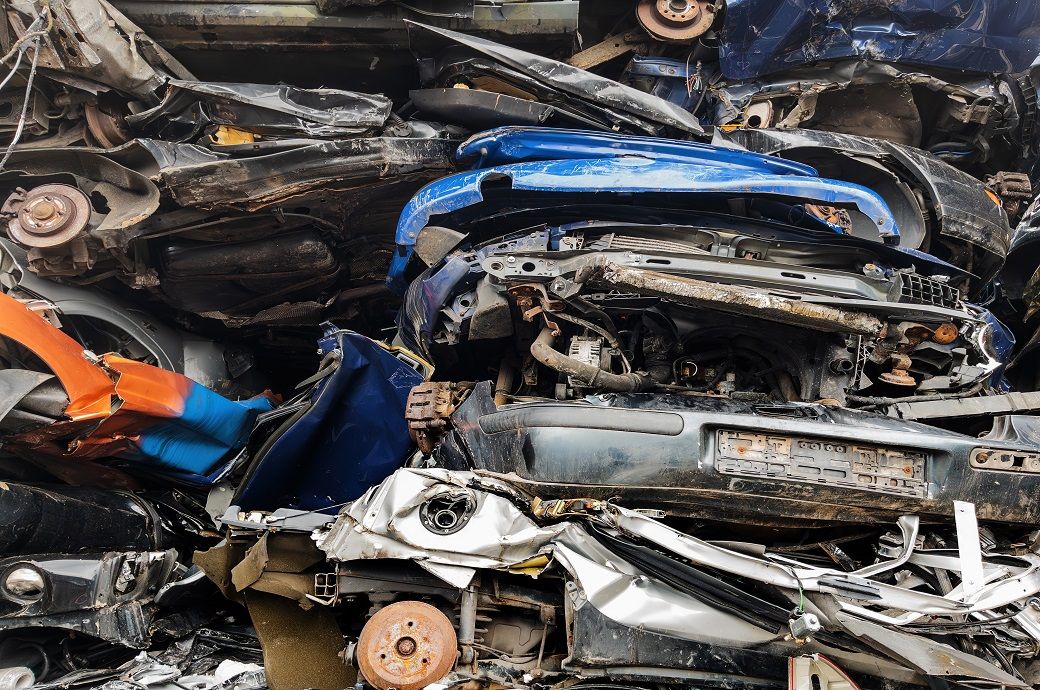
The recycling bottleneck
ELV processing typically achieves **-** per cent material recovery—primarily metals, tyres, glass—via shredding, and metal recovery. The remaining **-** per cent by weight—commonly referred to as automotive shredder residue (ASR)—poses a significant challenge. This is a complex mix of plastics, rubbers, foams and textiles.
Receive daily prices and market insights straight to your inbox. Subscribe to AlchemPro Weekly!